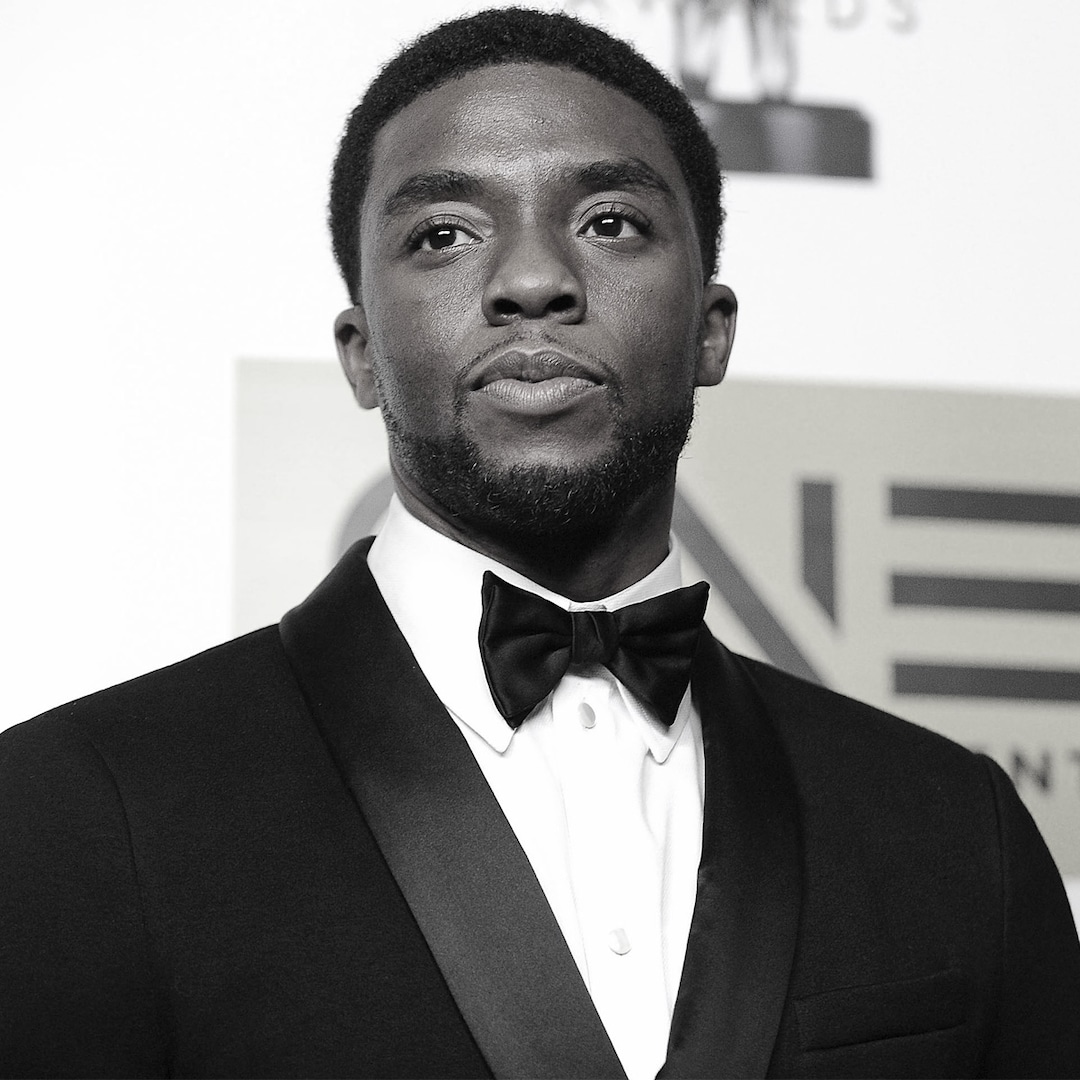
When the call came that he’d won the job, it wasn’t a moment too soon. As Boseman told GQ in 2014, he was about ready to give up acting altogether and rededicate himself to his initial passions—writing and directing—when fate intervened.
“I was waiting to hear about 42. Nobody had called me. Nobody had told me anything,” he told the publication. “I had gone in for it 100 percent, but there was no reason for me to think I’d done well. Nobody had called me and said, ‘Hey, they really liked your audition.’ Nobody was like, ‘Hey, they’re really thinking about you.’ Nothing. But on that night, the play I was directing ended, and I went next door to a bar and was watching the end of the World Series, and I was like, ‘Yo, I’m about to get this role,’ and I knew it. And that was the night they called me. Just like—boom!—’It’s yours.'”
After his portrayal of Robinson came, in quick succession, the privilege of resurrecting both the inimitable Godfather of Soul in 2014’s Get on Up and the first Black Supreme Court justice in 2017’s Marshall before slipping on his vibranium suit as the king of Wakanda in Marvel’s Black Panther. Despite being fully aware of the painfully limited material of quality afforded to Black actors in Hollywood—”Very often, the humanity for black characters is not there,” Boseman told RS—he made it a point to seek out projects that carried the same emotional heft he’d felt back when the death of a friend spurred him into action.
“For me, doing this, it has to be meaningful,” he told the magazine. “Because that’s how it started.”
Be the first to comment